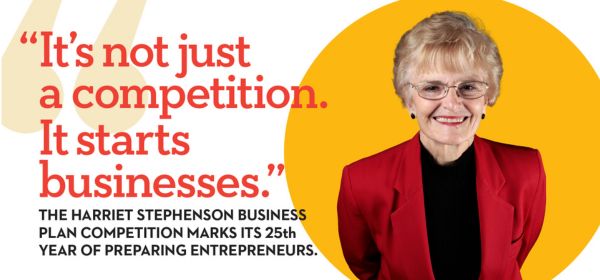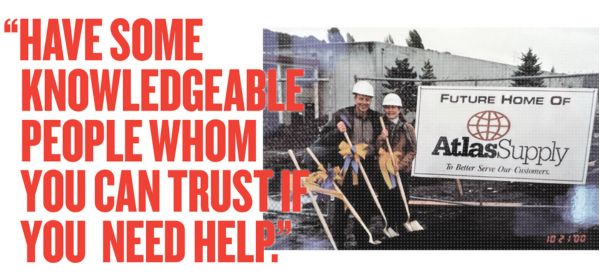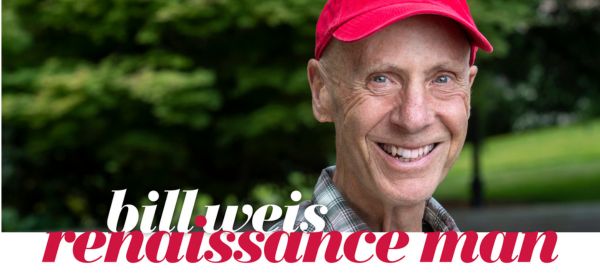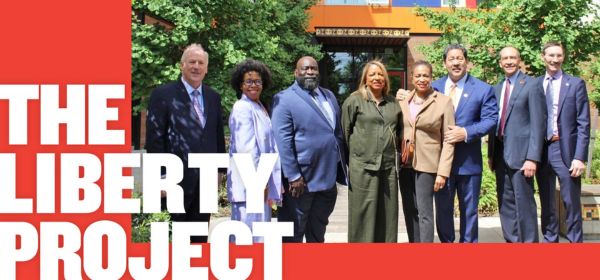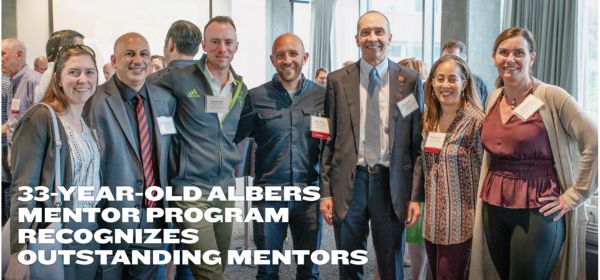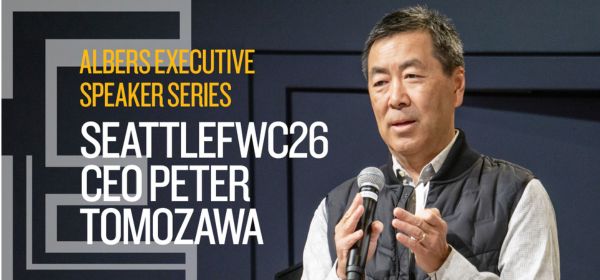
Dean's Message
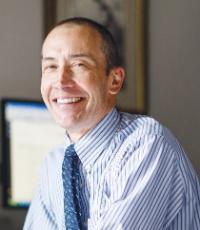
This issue of the Albers Brief looks at how legacy begins, how it evolves, and how it impacts lives.
Fifty years ago, Ohio native Bill Weis joined Albers as an accounting teacher who taught business statistics. He’s now the longest serving faculty member of the school, and still having a profound impact on his students.
In his half-century of service, he has been the unwitting standard-bearer of banning smoking in the workplace; brought worldwide attention to the legacy (how meta is this?) of an obscure 15th century Italian friar; and started an adventure-based leadership course that built strong bonds among generations of MBA students.
Read more about his extraordinary journey in 'Renaissance Man: Professor, Actor, Singer, and Scourge of the Tobacco Industry Bill Weis marks an Incredible 50 Years of Teaching at Albers'.
In 1998, then management professor Harriet Stephenson started the business plan competition that now bears her name. Twenty-five years later, it has become the testing ground for a wide range of Seattle University student business ideas, from automated sunscreen dispensers to a nonprofit school for children with autism. Several of its alumni have gone on to become huge, multi-million-dollar success stories.
Many of the winners, Innovation & Entrepreneurship Executive Director Peter Rowan says, are still running the businesses they started during the competition. A number have stayed engaged with it as judges and coaches. The competition’s legacy has been profound and indelible. As 2010 contestant and Evergreens Salad founder Todd Fishman says, “It’s invaluable experience that can impact you for the rest of your life.”
Harriet Stephenson’s legacy extends far beyond the business plan competition to the many lives she has touched. Among them was that of Janene Siers who, at 27, lost both her parents in a tragic car accident. Their family business had a leadership void that she, an employee who’d worked there for 13 months, did not know whether she could capably fill.
Stephenson organized a team of students to assist Siers in making the transition. The coaching and support from the team, as well as her husband and employees rallying behind her, boosted her confidence and she stepped up to the plate. In 2017, Atlas Supply celebrated its 100th year anniversary; when it was sold in 2018, it was a $38 million business.
The most recent Albers Executive Speaker Series guest, Peter Tomozawa, is CEO of Seattle FIFA World Cup 26, the organization that is preparing Seattle for the biggest game of them all, the 2026 FIFA World Cup. According to Tomozawa, unlike the last time Seattle hosted an event of this magnitude, the World’s Fair in 1962, there won’t be any iconic Space Needle-like construction left behind as a memento. “Our legacy will be community, culture, and children,” he said to the audience. “We will not have another World Cup in Seattle, at least in my lifetime. What we want is to create a memory that people will remember for decades.”
All the extraordinary individuals featured in this issue are doing just that. We hope you enjoy this edition of the Albers Brief.

Joseph M. Phillips
Dean, Albers School of Business and Economics
